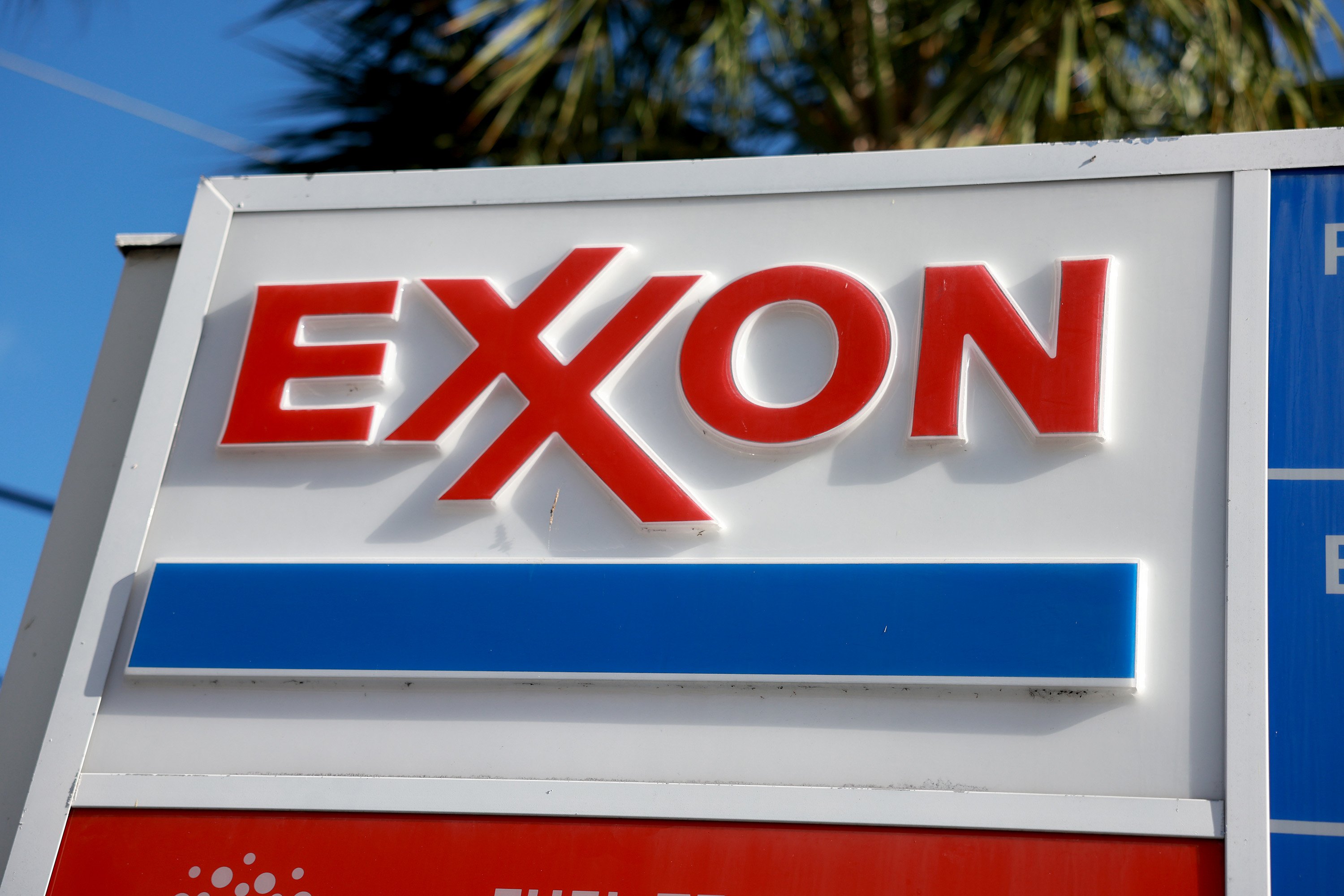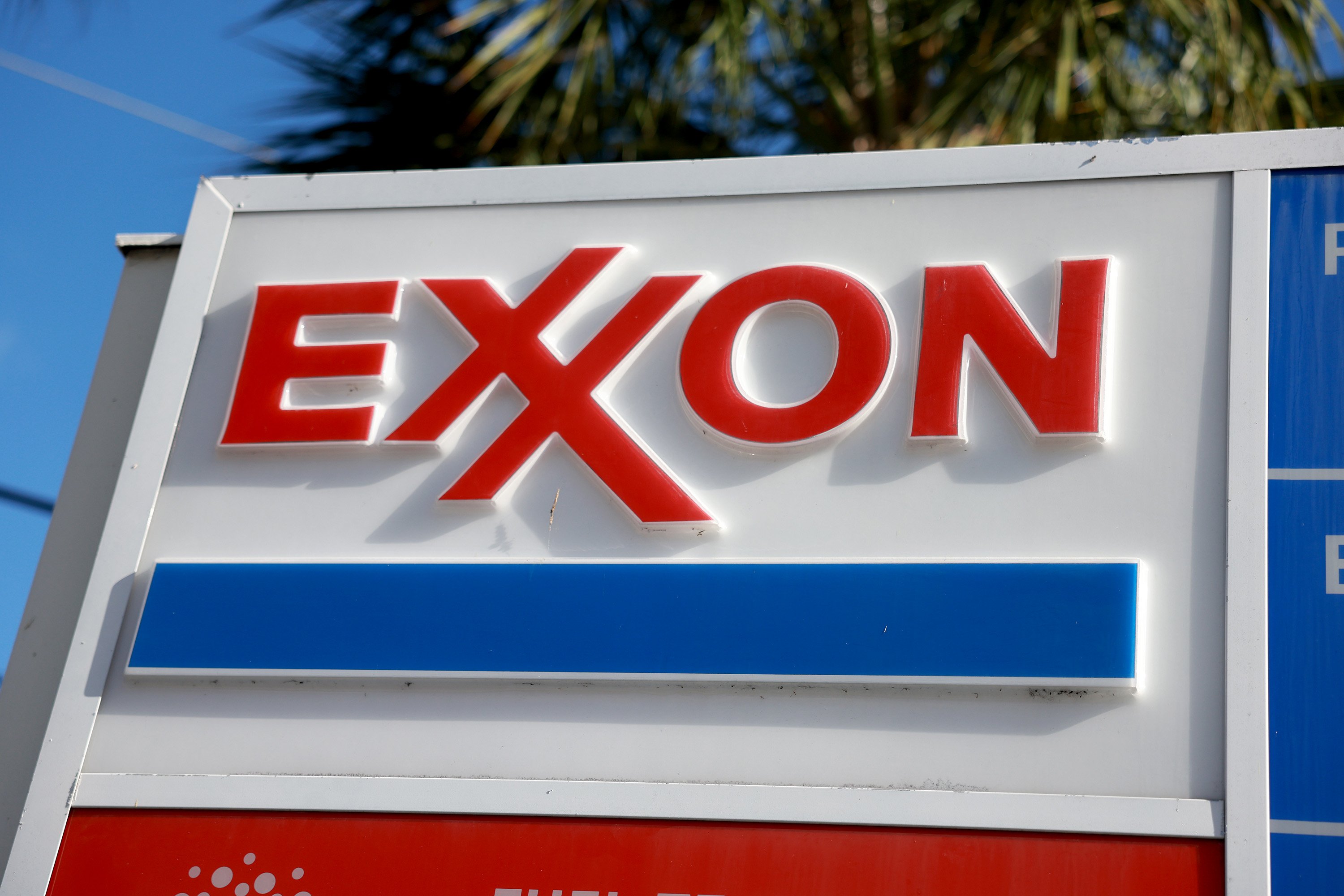Investing up until retirement is about creating a nest egg. Once you are in retirement, the story changes materially -- you will be trying to live off of the savings you have created over your working life. For many investors, that means switching toward income stocks that pay reliable and robust dividends. If that sounds like you, then you should be looking at ExxonMobil (XOM +0.55%), Enterprise Products Partners (EPD +0.87%), and Simon Property Group (SPG 0.43%). Here's a quick primer on why each might be a good fit for your dividend portfolio.
1. Diversified energy giant
With a market cap of $280 billion, Exxon is one of the largest energy companies on Earth. Its business spans across the oil and natural gas spectrum, from drilling (upstream) to transportation (midstream) to processing and refining (downstream). In addition, it has facilities located around the world. It is easily one of the most diversified ways to invest in the oil business. That balance helps to smooth out the peaks and troughs of the highly volatile sector.

Image source: Getty Images
Exxon also happens to be conservatively managed. For example, the energy giant's financial debt to equity ratio is around 0.15, among the lowest of its closest peers. Its rock solid balance sheet has allowed it to keep raising its dividend through good and bad markets alike -- the annual streak is now up to an incredible 37 years, a record unmatched by any of its peers. Essentially, with such a strong balance sheet, Exxon can use debt to fund capital expenditures and dividend payments when oil prices are low.
In fact, that's exactly what's happening today. Oil prices have been particularly volatile of late, and relatively low. That's pushed the prices of energy stocks like Exxon lower. Today this energy giant yields over 5%, toward the highest levels in decades. Meanwhile, Exxon is using this weak spot to invest in the future, with a number of large projects that it believes will help power production for years to come. This is a bit of a contrarian play, but Exxon is so financially strong it's a good option for even the most conservative investors.
2. A focus on moving energy
Another incredibly conservative name in the energy space is midstream oil and natural gas giant Enterprise Products Partners. Unlike Exxon, Enterprise is honed in on moving and processing energy. But the highlight here is that the vast majority of its business is fee-based (roughly 85% of its operating margin). This means that oil prices are far less important than demand for the pipelines, storage, processing facilities, ports, and transportation assets Enterprise owns.
Although its $60 billion market cap is much smaller than Exxon's, Enterprise is one of the largest midstream companies in North America. It is also one of the most conservatively financed. Debt to EBITDA, a key measure for midstream names, is around 3.2 times, toward the low end of its peer group. And it has been working to self fund more of its own growth so it doesn't need to issue as many dilutive units to fund its capital spending plans. That's had the added benefit of making the distribution even safer, with a coverage ratio of 1.7 times through the first half of 2019 (1.2 times is considered strong coverage).
XOM Dividend Yield (TTM) data by YCharts
Now add in a 6.4% distribution yield and 22 consecutive years of annual distribution increases and there's a lot for income-focused investors to like here. And right now is a good time to take a look, with the yield near the highest levels of the last decade. Like Exxon, Enterprise operates in an out-of-favor sector. But that shouldn't stop even the most conservative investor from digging in here.
3. The mall is not dead
Now for a huge switch from energy to malls, with industry giant Simon Property Group. The company is one of the largest real estate investment trusts (REITs) in the world, with a market cap of $46 billion. And with a portfolio of around 200 malls, factory outlet centers, and other retail-focused assets, it is also one of the largest retail REITs in the sector. It has a focus on owning higher end properties located in desirable regions.
Like the other two names here, Simon operates in an out-of-favor sector. The so-called "retail apocalypse" has investors fearing that malls are toast. While that may be true for poorly located assets, it isn't likely to be true of the well-located properties that Simon owns. In fact, its occupancy levels (94.4%) and the rents it can charge retailers (net operating income was up 1.7% through the first half of 2019) have both remained fairly strong despite the pain being felt by brick and mortar retailers as shoppers increasingly turn to the internet.
With a decade of annual dividend increases under its belt and a 5.6% dividend yield, income investors should be looking closely at this well-positioned REIT. One added feature worth noting is Simon's diversification. Not only does it provide exposure to both enclosed malls and factory outlets, but it also owns retail facilities in foreign markets. That's notable because the U.S. is believed to have too many retail properties, a fact that's not true of other countries. Simon is taking advantage of that by building new properties in Europe and Asia. So while some of its peers are simply trying to survive the changing retail landscape today, Simon is still investing to grow.
Moreover, it is among the most conservatively financed names in the space, so it can easily afford to keep spending through this rough patch. Conservative, income-focused investors should look past the hype of the retail apocalypse and do a deep dive on Simon today.
Not as risky as they seem
With S&P 500 Index funds offering a scant 2% or so yield, finding big dividends is hard today. And, to be fair, every name on this list is unloved. However, they are all financially strong leaders in the industries in which they compete. If you are retired and looking to generate dividend income from your portfolio, now is a good time to look at Exxon, Enterprise, and Simon. It's highly likely that at least one finds its way into your portfolio.









